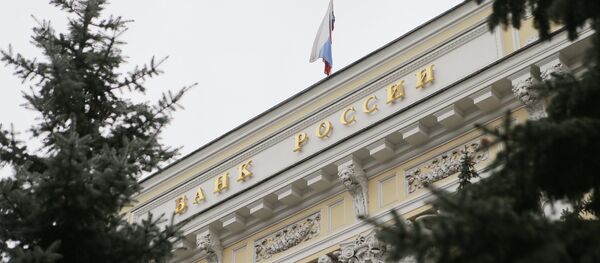Earlier this week, Sberbank Deputy Chairman Alexander Morozov confirmed that the company is actively considering selling its shares in Visa and MasterCard next year. "We plan to sell these shares. There is a high probability that these transactions will be completed in 2017, but everything will depend on market conditions," the bank official explained.
Sberbank is Russia's oldest and largest commercial bank, and is controlled by the Russian Central Bank.
Russian business magazine Expert suggested that Sberbank's announcement is likely directly related to launch of a new all-Russian national payment system – the 'Mir' ('World' or 'Peace' in Russian) payment card.
Sberbank officially began servicing of the Mir payment card at cash machines and retail and service points in September. A company press release confirmed that there are already "more than 80,000 POS terminals that accept Mir cards at retail and service points, and this number continues to grow every day."
The transition to the new payment service was completed last month, with the bank planning to provide 100% acceptance of Mir cards at all its terminals by early next year.
Sberbank first joined Russia's new national payment system in December 2015. Russia was forced to create the system in 2014, after Russian banks facing US and European sanctions began experiencing concerns and problems with Visa and MasterCard, including the threat that Russia may be cut off from the SWIFT system of payments.
16 million Mir payment cards are expected to be issued before the year is out, with up to 45 million more issued in the coming year. According to Expert, "such widespread use of the Mir card will deal a serious blow to Visa and MasterCard's business in Russia. However, this will necessitate increasing the network of banks and ATMs that Mir can be used at. In any case, Mir makes the Russian economy stronger and more resilient against external attacks."
Global media commenting on the attacks could not help but connect the cyberattacks to US Vice President Joe Biden's public warning that Washington would 'retaliate' in response to unproven allegations that Russia was involved in the campaign to hack the Democratic National Committee this past summer.




